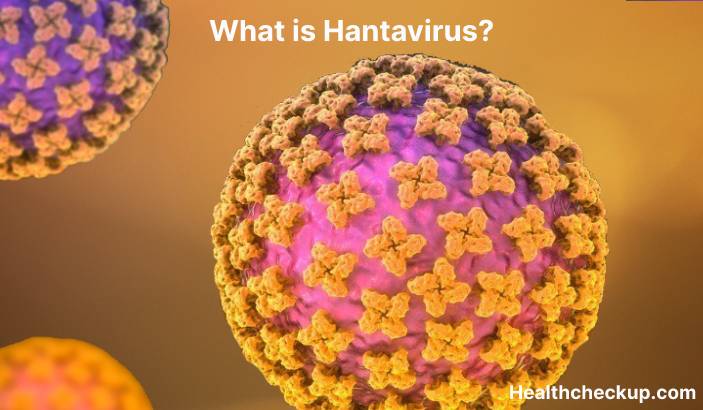Hantavirus infection is a serious illness caused by a group of viruses that are transmitted to humans through the urine, saliva, or droppings of infected rodents, such as mice, rats, and squirrels. The viruses are found all over the world, but they are most common in rural areas where humans and rodents live in close proximity.
There are several different types of hantaviruses, and each one is associated with a specific type of rodent. For example, the Sin Nombre virus, which is the most common hantavirus in the United States, is carried by the deer mouse. Other hantaviruses found in the United States include the Black Creek Canal virus, which is carried by the cotton rat, and the Bayou virus, which is carried by the rice rat.
Symptoms of a hantavirus infection typically appear 1-2 weeks after exposure to the virus, and they can range from mild to severe. Early symptoms include:
- Fever
- Fatigue
- Muscle aches
- Dizziness
And followed by more serious symptoms such as coughing, difficulty breathing, and abdominal pain.
In severe cases, hantavirus infection can lead to Hantavirus Pulmonary Syndrome (HPS), which is a life-threatening condition that affects the lungs.
There is no specific treatment for a hantavirus infection, and most people will require hospitalization to receive supportive care, such as oxygen therapy, medications to control fever and pain, and fluids to prevent dehydration. The prognosis for hantavirus infection varies, but it is generally better if treatment is started early in the course of the illness.
To prevent hantavirus infection, it is important to take steps to control the rodent population around your home or work environment. This includes sealing cracks and holes in the building to prevent rodents from entering, storing food in rodent-proof containers, and cleaning up any rodent droppings or nests. It is also important to avoid contact with rodent urine, saliva, or droppings, and to wear gloves and other protective clothing when cleaning areas where rodents may be present.
In conclusion, hantavirus infection is a serious illness that can be transmitted to humans through the urine, saliva, or droppings of infected rodents. While there is no specific treatment for the illness, early recognition and treatment can improve the chances of recovery. To prevent hantavirus infection, it is important to take steps to control the rodent population and to avoid contact with rodent urine, saliva, or droppings.








